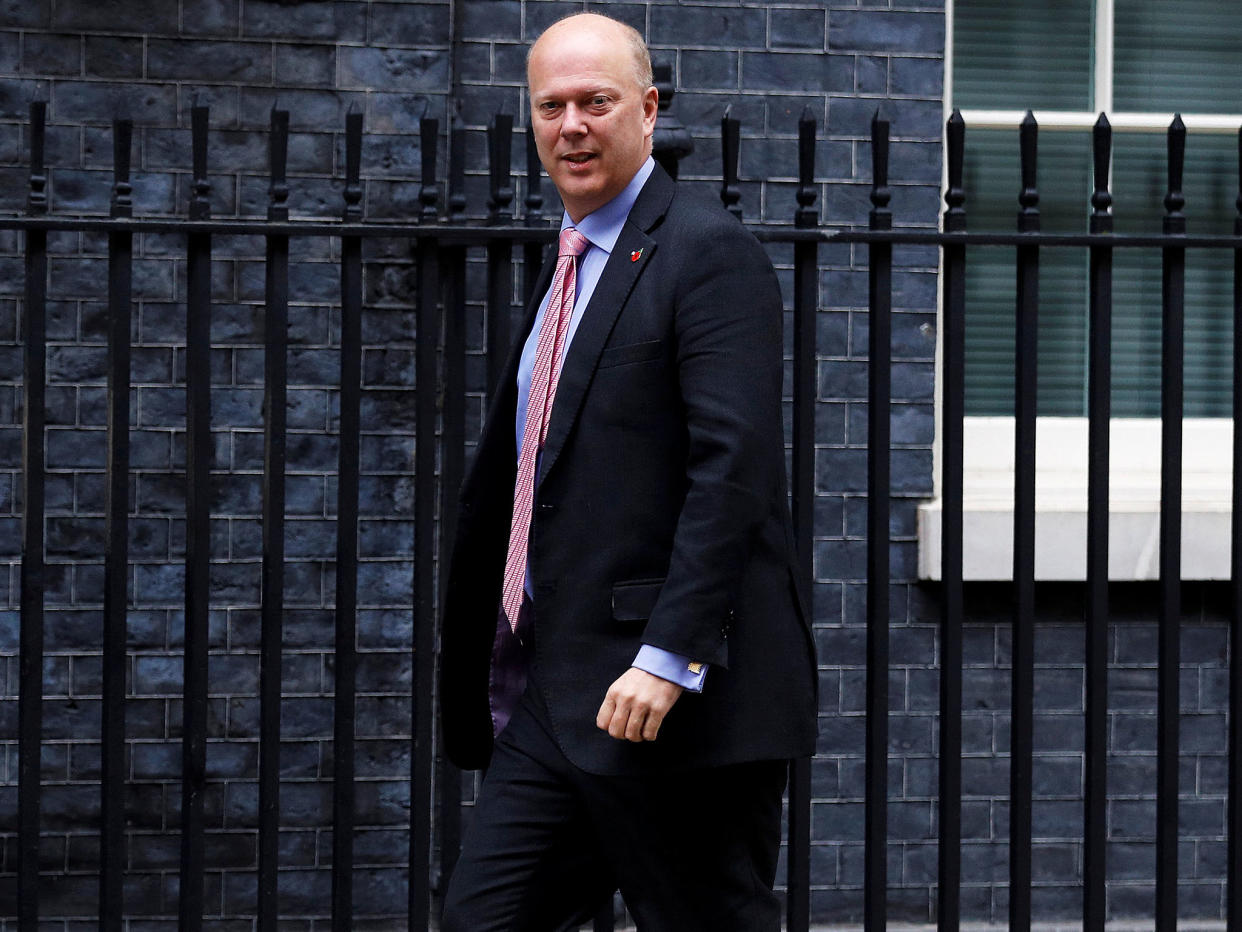MPs criticise Chris Grayling over rail plans

The transport secretary and his department have been criticised by the Transport Select Committee for its “apparent unwillingness” to engage on rail investment.
The cross-party MPs accused Chris Grayling and the Department for Transport of failing to appreciate the role of the committee and to engage with it.
The committee has published the government’s response to its latest report on infrastructure investment.
The committee chair, Labour’s Lilian Greenwood, said: “It has nothing to say on the long-term cost-effectiveness and wider sustainability benefits of railway electrification.
“It provides very little detail on how it plans to implement emerging traction technologies such as battery and hydrogen power.”
The committee’s most serious concerns are over how the government evaluates transport investments. Ms Greenwood says the response “gives no sense that the government intends to address biases against regions that have not received their fair share of investment for decades”.
London and the South East benefit from far more rail investment than the rest of the country.
An industry insider said: “The trouble is, under the present narrowly focused benefit-cost analysis, almost any scheme in and around London will score higher than the regions.”
The Department for Transport told the committee that its appraisal methods “are based on robust and evidence based processes that shows the value for money of different investment options”.
It insisted: “There are a number of aspects of our appraisal system which act against concentrating investment in areas of high economic performance.”
Three electrification schemes – on the northern section of the Midland Mainline, between Cardiff and Swansea, and between Oxenholme and Windermere – were axed last year.
The committee recommended that they are recategorised as “pending”. But the Department for Transport said: “In the case of the Midland Mainline, Great Western Mainline and Lakes Line electrification schemes, the passenger benefits are being provided through other means.”
Ms Greenwood concluded: “These responses are disappointing in several respects, particularly the Department for Transport’s apparent unwillingness to engage with some of our key conclusions and recommendations.”


